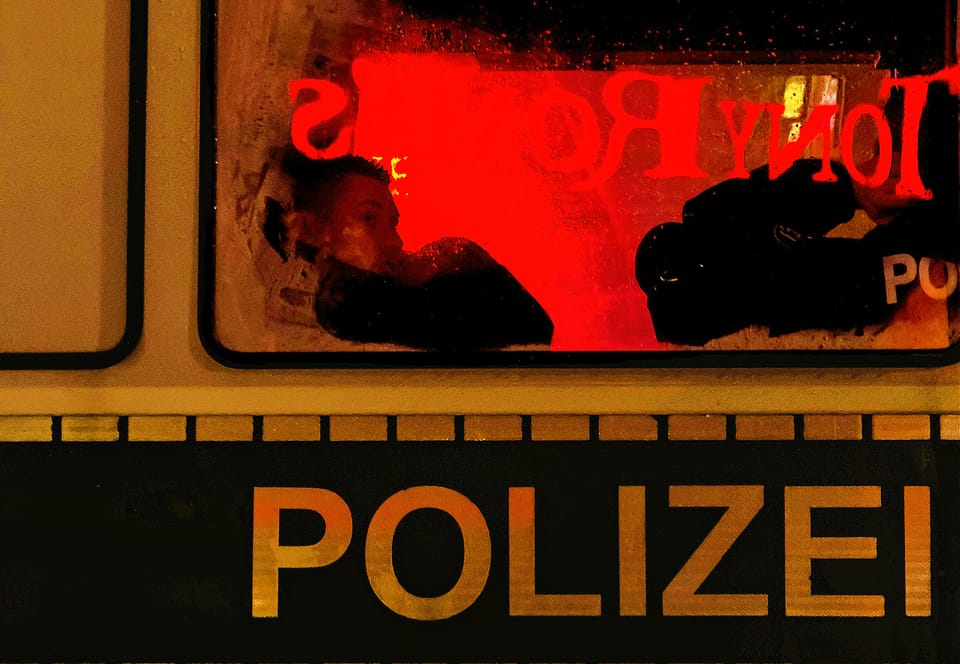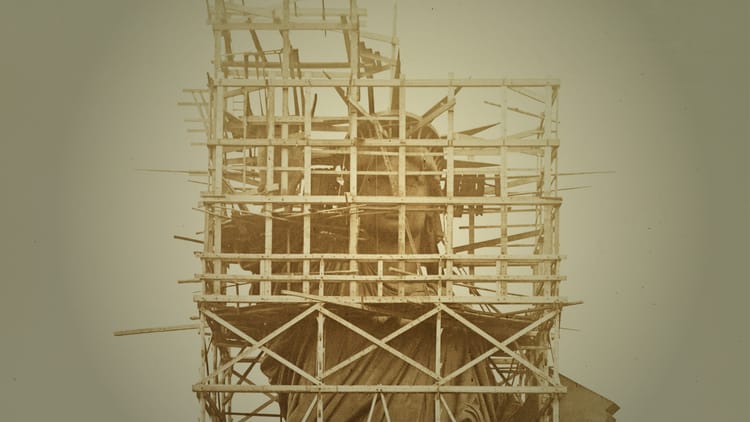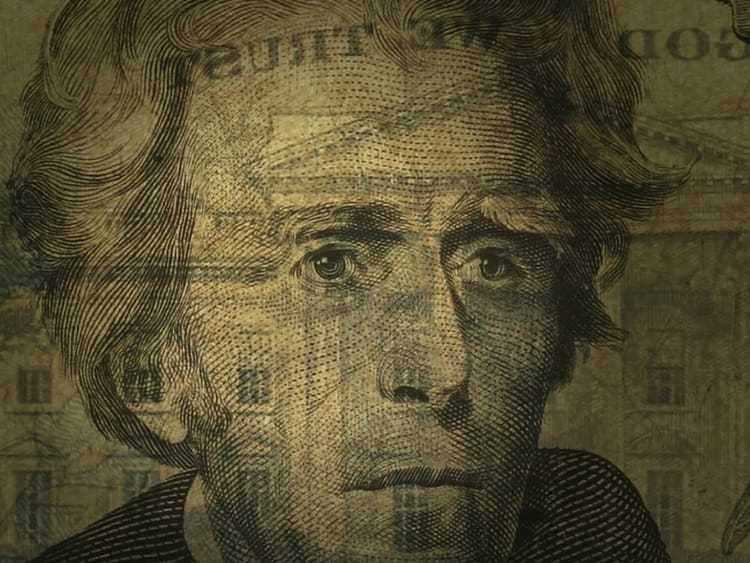An alternative Germany

The right-wing Alternative für Deutschland has now become the second most popular party in Germany, with more than 20 percent of all voters in the country supporting it—and more than 30 percent in some East German states.
The ascent of the AfD belongs to a pattern in Europe of growing power for right-wing populists, who’ve won national elections in Italy, the Netherlands, and Slovakia—and appear likely to win in Austria and Belgium this year, and in the European Parliament in June.
But the AfD is different—as Germany is different. Some of AfD’s leaders have openly praised Adolf Hitler and the Nazis. And the possibility of the AfD coming to power in the country where Hitler and the Nazis launched World War II and orchestrated the Holocaust has driven hundreds of thousands into Germany’s streets to protest in recent months. So what’s giving the party such growing strength—and what does it mean for the country?
Liana Fix is a fellow for Europe at the U.S. Council on Foreign Relations and the author of Germany’s Role in European Russia Policy. As Fix sees it, there are a number of factors driving support for the AfD: East Germany’s economic lagging behind West Germany, discontent with rising numbers of migrants coming into Germany—as well as with the political elite’s failure to handle the issue—and the party’s increasing appeal to the middle class.
Some of these factors have also been driving support for the populist right across Europe. But, Fix says, the AfD is moving in the opposite direction from the continent’s right-wing populist parties in general. While others are toning down their rhetoric to win mainstream voters and establishment acceptance, the AfD is declaring its extremism more and more openly. To some extent, this is because party leaders believe that German voters hold those positions along with them—but it’s also because neo-Nazi elements have taken greater control of the party in recent years.
And yet German voters aren’t recoiling. On the contrary, polls show support for AfD remaining strong, with the party projected to win elections in several large East German states this fall …
Michael Bluhm: “Nazi” is an epithet that gets thrown around a lot in Western politics these days. To what extent is the AfD actually a neo-Nazi party?






